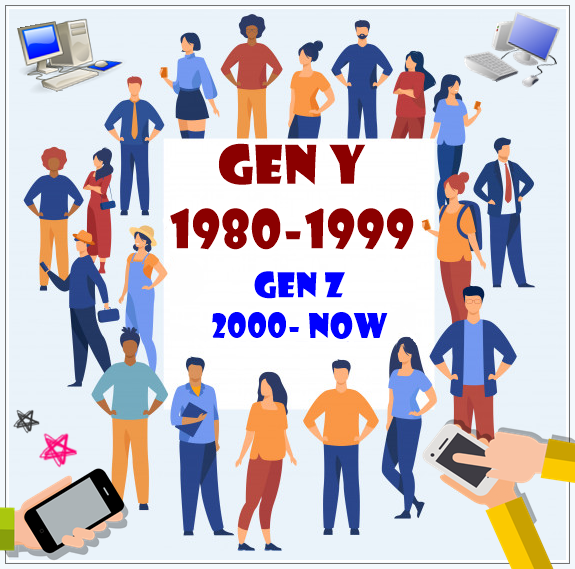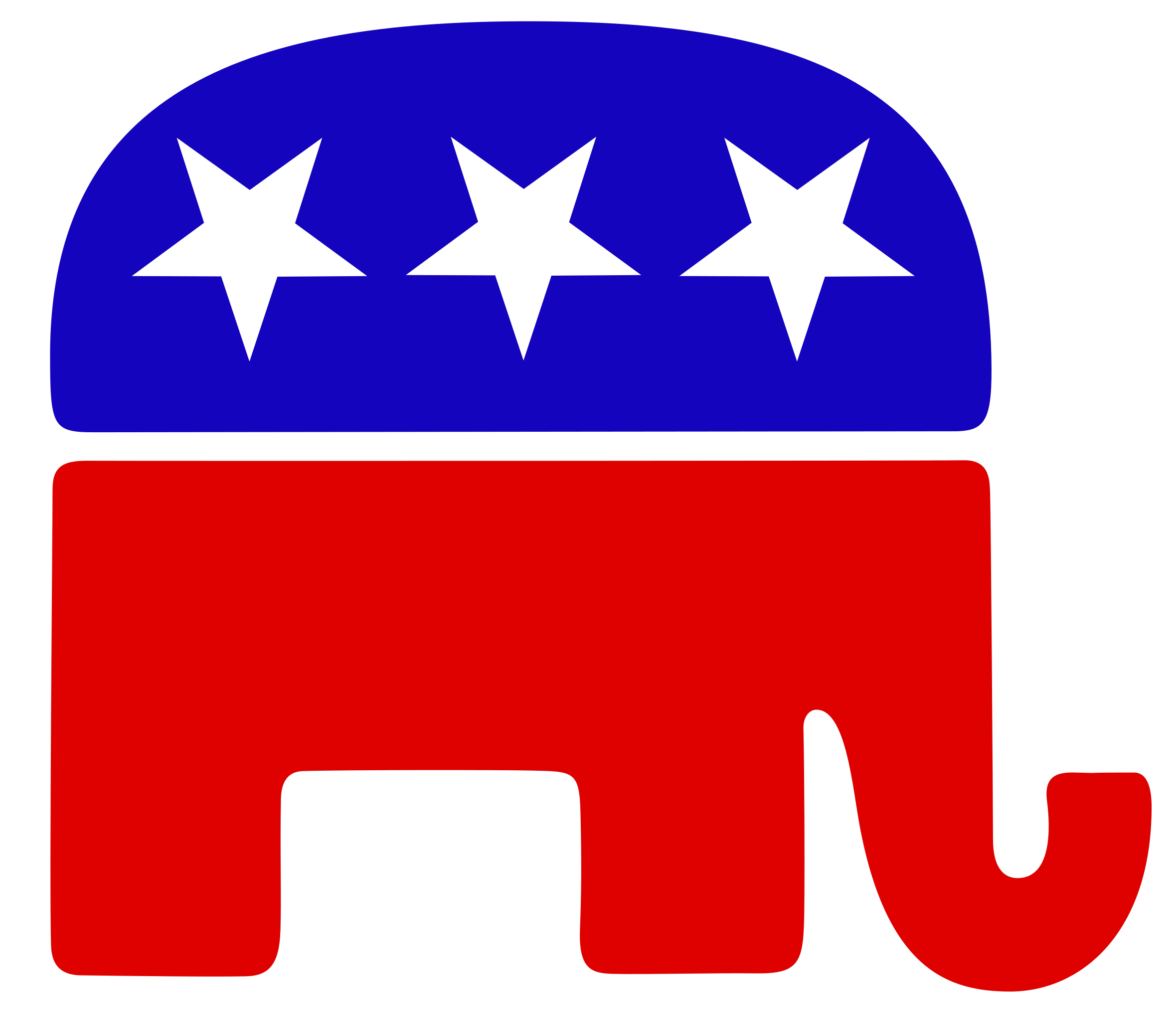By Victor Shi
Earlier this week, I had the pleasure of joining Joe Walsh on his podcast “White Flag with Joe Walsh.” Never did I imagine I would be talking to — and finding common ground with — the former face of the Tea Party movement, but I did. He asked me a question that I get a lot: What is it about Generation Z that older generations get wrong? It’s an important question with implications for how we work across generations to save democracy, so there are some important and common misconceptions when it comes to Gen Z.
Misconception #1: Gen Z Is Merely Performative
The first thing that many people in older generations think about when they hear “Gen Z” is that we are simply an “activist generation.” In other words, they don’t see us as voters but instead as the generation that only goes on social media or takes to the streets. While that may be true — after all, it was Gen Z that organized both the climate change and gun violence protests — we are not a generation that only takes to the streets. In fact, it’s quite the opposite. We are a generation of pragmatists driven by a sense of urgency, so we raise awareness because awareness sparks action.
Starting in 2018, Gen Z turned out at levels far higher than any other generation at our age — and a large reason why is because we saw a President who dangerously eroded basic norms, laws, and institutions. In 2020, a record-breaking 50% of eligible young voters turned out. And, of course, in 2022, young people showed up in huge numbers once again and helped stave off a red wave. To be sure, the numbers could be better, but the important thing to understand about Gen Z is that while we may be loud on the streets, we also know that voting is the most powerful tool we have to elect new people into office. And more than ever before, Gen Z is channeling our outrage and fury to the ballot box.
Misconception #2: Gen Z Suffers From Liberal Indoctrination
Many — particularly Republicans — think we are a bunch of “Snowflake Liberals.” We’re written off as indoctrinated Democrats who can’t defend our viewpoints. While the data shows that more young people are voting Democratic, it’s not because most consider themselves Democrats. Consider what happened in Wisconsin, where upwards of 80% of young people cast their ballots for Janet Protasiewicz. Dismissing that percentage as simply 80% of young voters are Democrats overlooks something important; The majority of young voters don’t affiliate with a single political party. Polls consistently show that young people, at a higher rate than previous generations, reject political party labels and, instead, embrace issues. In other words, young voters aren’t motivated by a political party. We are motivated by candidates and parties that align with the issues and values we care about. We are less indoctrinated to reflexively support a party label, not more.
And so, the tendency for young voters to vote for Democrats makes sense considering our political landscape today. Republicans have repeatedly shown that on effectively every issue, they don’t care about young people. Even worse, they are actively trying to make our lives more difficult, dangerous, and less free by stripping away rights our parents had and failing to act on gun violence. Democrats, on the other hand, while not perfect, have shown young voters their commitment to listening to us, engaging with us on issues, and, most importantly, delivering on the issues we care about. That’s why the best thing any political candidate or party can do is to spend time understanding the problems young people care about and then show us what they will do to solve them.
Misconception #3: Gen Z Only Cares About…
The last mistake many in older generations make is to reduce us to a generation that only cares about one issue or topic. In reality, what separates Gen Z from any other generation — and why candidates and parties must spend quality time listening to our perspectives — is that there is no one issue that is most important to us. Although gun violence, climate change, and reproductive rights are top of mind for many young people, Gen Z is a generation that feels as if every aspect of our lives is under attack. Whether it’s the high cost of college, the difficulty finding a job or gaining a secure and stable wage, or the continued systemic injustices, young people have grown up facing a deluge of problems. For anyone who wants to truly understand and reach Gen Z, they shouldn’t try to reduce us to single-issue voters. Instead, talk to us. Spend time listening and truly trying to understand matters to us. We are a generation that is living in a world in which all the cards seem stacked against us, and nothing is certain.
Of course, there are many other misconceptions about Gen Z, but as someone who devotes my life to understanding and reaching my peers, these are the three that I hear most often. While we are a generation that is traumatized by gun violence and deeply concerned about our future, everyone should know that we are also a generation committed to fixing the world. Fear does not paralyze us; it motivates us. We are a generation that is deeply committed to speaking truth to power — on both sides of the aisle. And we are a generation that is deeply committed to electing better, more diverse, and younger people into office.
Gen Z is not the future. We are the now. And if we want to save democracy, it’s time that every generation takes time to understand how Gen Z thinks and operates, so we can combine our multigenerational strengths to succeed together.



